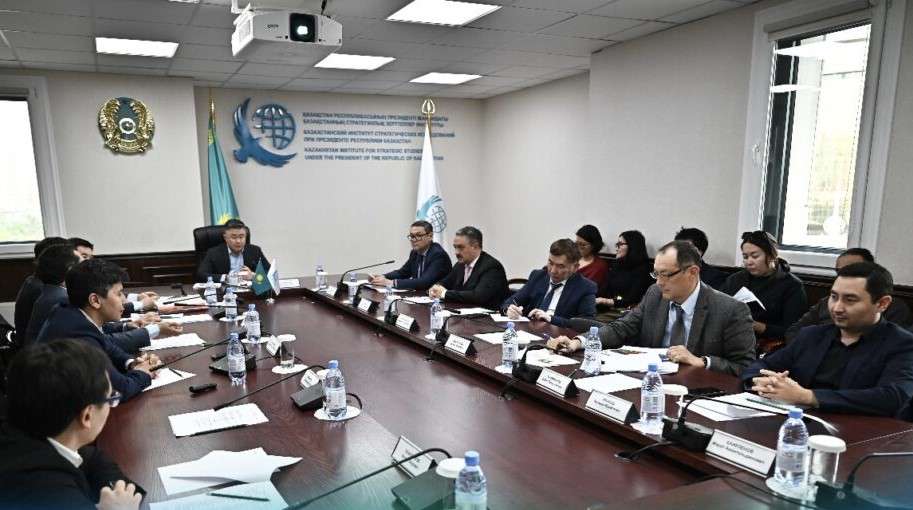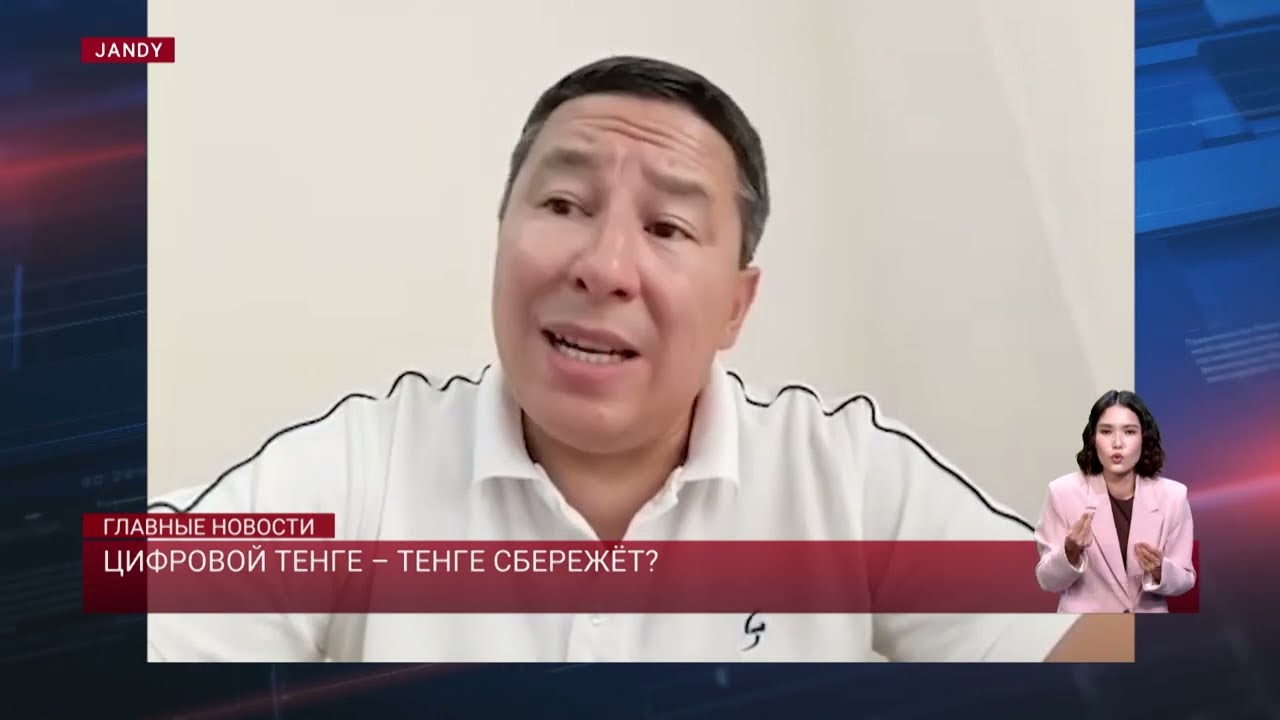The Economic Development Council was established last year under the auspices of the Kazakhstan Institute for Strategic Studies under the President of the Republic of Kazakhstan (KazISS). Meetings at this venue are chaired by the Governor of the National Bank of Kazakhstan, Timur Suleimenov. The topic of the third meeting was the optimization and improvement of the efficiency of public finances to ensure the dynamic development of our country.
Opening the discussion, KazISS Director Yerkin Tukumov noted that the council is developing and demonstrating its effectiveness, interest in its work is growing, and the recommendations developed by the council members are included in many KazISS analytical materials.
As part of the construction of the new economic model outlined by the Head of State in the 2023 Address, the reform of budgetary policy remains a focus of state attention. Currently, the development of new Budget and Tax Codes is underway.
Governor of the National Bank of Kazakhstan Timur Suleimenov emphasized that the role of public finances is particularly important for stimulating economic growth.
“Public finances influence transfers from the National Fund, which in turn affect the national currency exchange rate. And the exchange rate largely determines the well-being and competitiveness of domestic exporters,” noted the head of the National Bank.
He proposed utilizing the potential of the expert council to develop tactics and strategies for managing public finances.
Director of the Talap Applied Research Center, Askar Kysykov, addressed several current issues in the public finance system. One of them is the increase in budget expenditures without improving their efficiency.
“Over the past three years, expenditures have increased by 60%. Education, social security, and debt servicing are the main expenditure items. During 2023, approximately 33% of expenditures were revised (adjusted). Technocratic changes are needed in the budget planning process. This includes a new budget classification, a program structure of the budget, and an independent budget assessment,” said the speaker.
He also noted that the current structure of budget revenues reflects the structure of the economy. As long as oil remains Kazakhstan's main export commodity, the budget will depend on oil revenues.
Responding to the expert's remarks, Vice Minister of National Economy Azamat Amrin pointed out that the significant expenditures in recent years are linked to the pandemic period and anti-crisis measures, as well as other social obligations. He also spoke about measures aimed at improving the efficiency of budget expenditures.
“The new Budget Code will include a section 'Fundamentals of Budgeting of the Republic of Kazakhstan,' aimed at strengthening the principles of a results-oriented budget. This means that every tenge of the budget should be directed towards achieving a specific result. Additionally, a restriction will be introduced on the use of targeted transfers from the National Fund only for critical infrastructure,” explained the Vice Minister.
Economist and Managing Director of Visor Holding LLP, Almas Chukin, raised issues related to tax collection and the direction of most of the budget towards covering social obligations.
“There is an imbalance between expenditures and revenues, and to date, there are no solutions. The structure of the budget consists of 47% VAT and 30% corporate income tax. In developed countries, personal income tax accounts for significant volumes and forms the basis of the budget. The second problem is that Kazakhstan is a welfare state, yet development issues make up less than 3% of the budget structure. The budget is largely aimed at consumption within the framework of taken social obligations,” shared Almas Chukin.
Economist and Adviser to the Chairman of the Board of Halyk Finance JSC, Murat Temirkhanov, emphasized that terms, concepts, and definitions in Kazakhstan's budget system should comply with internationally recognized standards. Also, in his opinion, it is crucial that the budget system fully transitions to international accounting and reporting standards.
Economist Arman Yevniyev supported the discussion on the need to reveal the mechanisms of the development budget. He believes that the budget should be determined based on the prioritization of goals and target indicators of development plans.
Summarizing the event, Chairman Timur Suleimenov instructed that all voiced recommendations be sent to the Ministries of National Economy and Finance.
According to KazISS, the next meeting of the expert council will discuss the draft of the new Tax Code.
Author: ЛИЛИЯ СЫЗДЫКОВА
Source: https://kazpravda.kz/n/problemy-gosudarstvennyh-finansov-obsudili-v-kisi/



